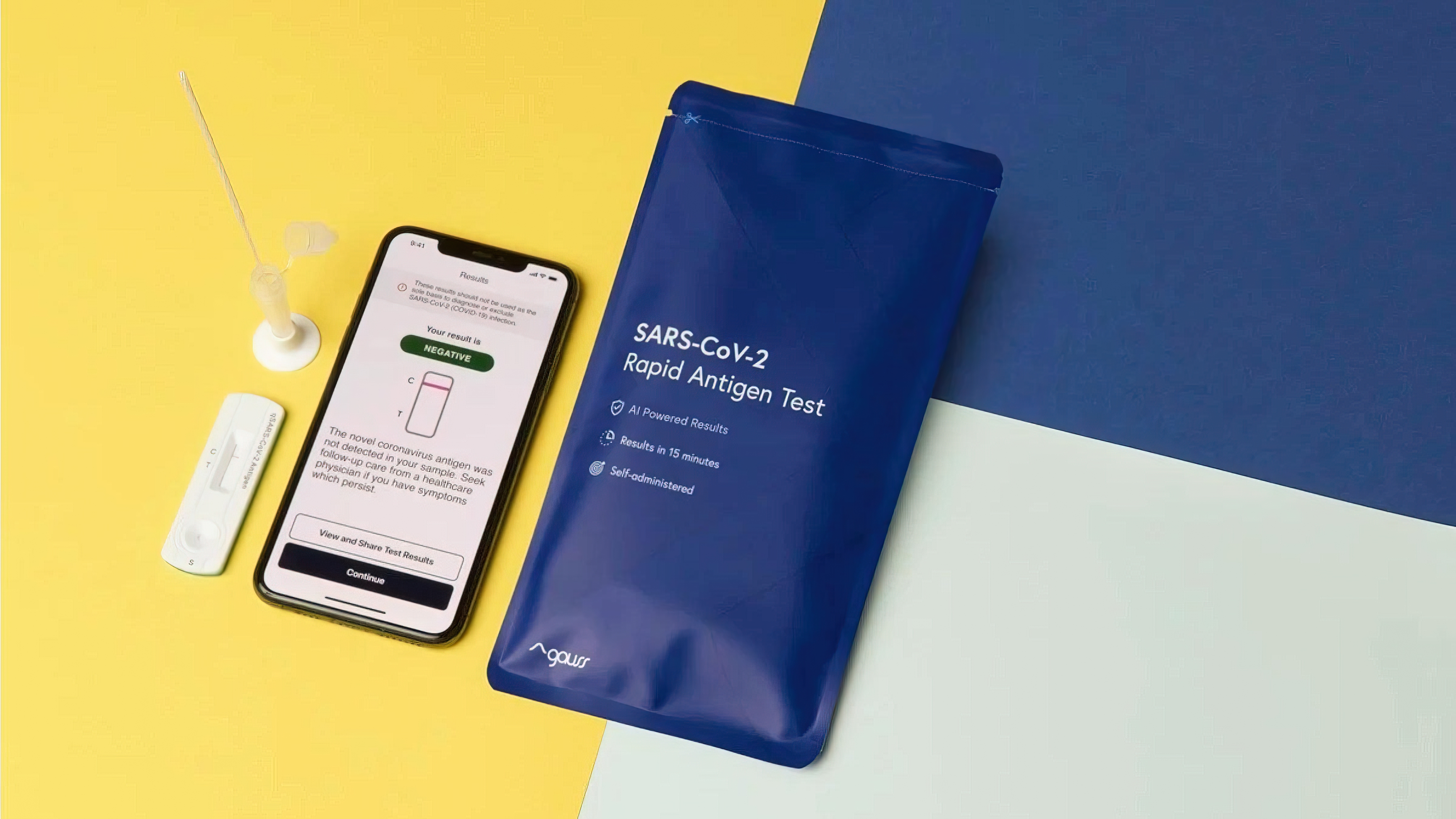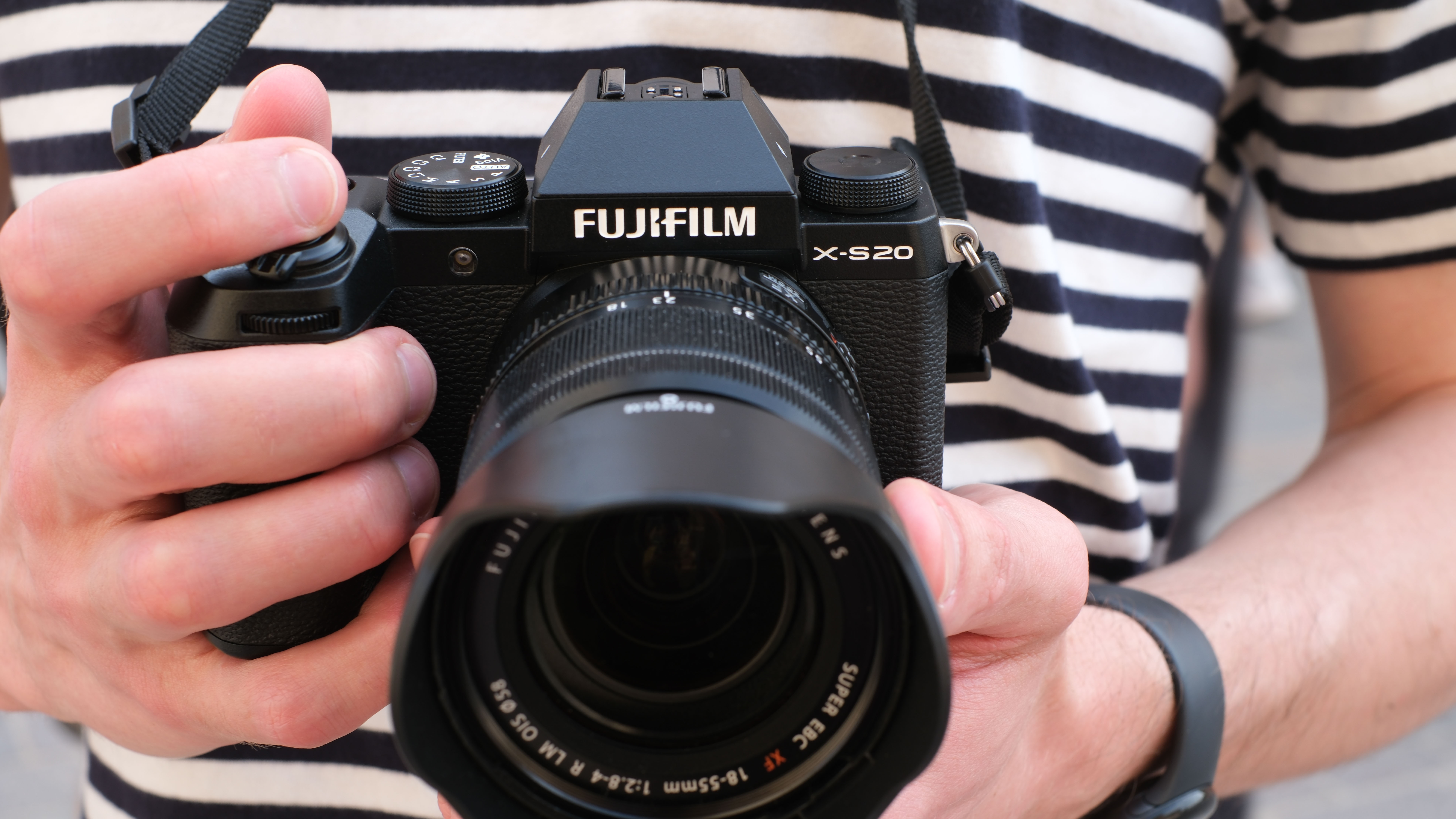This COVID-19 test uses your smartphone
A California firm has developed a new COVID-19 testing system using smartphones

A US-based firm has developed the world's first COVID-19 test that can be completed using a camera phone. The test is currently awaiting emergency approval from the Food and Drug Administration in the United States.
The tests can be completed at home, with a lateral flow test and a camera phone. Gauss, the Menlo Park, CA based company that has developed the technology, states that it can produce up to 30 million tests per month.
The process employs AI technology and an encrypted smartphone app to verify test results, which can be then be sent to health agencies.
Patients are sent a testing kit, which they use to take a nasal swab and then complete the included antigen test. The app will prompt the user to scan the results after 15 minutes, and the artificial intelligence-based system will provide results to patients within seconds.
The app contains a video with step-by-step instructions, to help users complete the "easy-to-use" test from home, with the actual phone portion of the test being there to minimize user errors and send the results on to health agencies.
"The new at-home testing solution, which is currently awaiting Food and Drug Administration (FDA) Emergency Use Authorization (EUA), will offer affordable access to cutting-edge testing technology developed by Gauss, a leader in computer vision-aided healthcare diagnostics," states a company press release (via iMore).
"Once authorized, it will be the first rapid COVID-19 test that can be fully performed using only a smartphone and a lateral flow assay (similar to an at-home pregnancy test), without involving a laboratory, a telemedicine visit or any specialized electronics. Last month, Gauss produced its first 1.5 million tests, which will be available for immediate distribution when the test receives EUA from the FDA, and the company has the capability to produce up to 30 million tests per month."
Get the Digital Camera World Newsletter
The best camera deals, reviews, product advice, and unmissable photography news, direct to your inbox!
The use of smartphones as medical tools is becoming increasingly common, with the cameras being employed in apps that are capable of detecting Malaria and early kidney disease.
Read more:
Best pulse oximeters
Best infrared thermometers
Best thermal-imaging cameras
Usman is a commercial and architectural photographer based in West Yorkshire, who has been working professionally for over seven years. He has also spent over four years as a writer for the biggest photography sites in the world, including Staff Writer for Digital Camera World, senior staff writer for FStoppers, and tech writer for Petapixel.
With a particular interest in technology developments, high-resolution imaging and the high-end cameras, Usman has been on the cutting edge of camera news as well as writing features about medium format systems and global shutters, and has reviewed some of the latest Leica cameras as well as a tripod that’s even taller than Andre the Giant!

